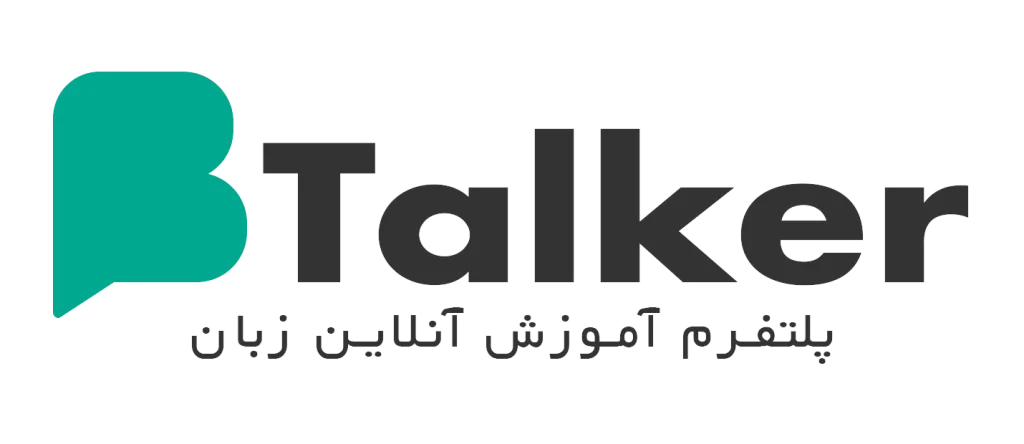A Journey into the Heart of the Arabic Language: From the Desert to the Lines of Poetry and Religion
Peace be upon you!
With more than 400 million dialects, Arabic is one of the most influential languages in the world. Not only is it the official language of more than 20 countries, but it is also a language that has incorporated literature, religion, philosophy, and science over the centuries. Arabic originated from the history and culture of the Middle East and continues to play a key role in the Islamic world and international communication
A Brief History of the Arabic Language
Arabic is one of the Semitic languages whose roots date back thousands of years. With the revelation of the Holy Quran in the seventh century AD, this language gained a special place and gradually became the language of religion, science, philosophy, and poetry. There are many different dialects and dialects of Arabic, but Eloquent Arabic (Modern Standard Arabic) is the official and common language of all Arabic-speaking countries
Why learn Arabic?
Is Arabic a hard language?
The Arabic language, with its special morphological and syntactic structures, may seem difficult at first glance, but with the right curriculum, high-quality resources, and the support of experienced professors, this path will be very pleasant and achievable.
Learn Arabic Online with BTalker
On the BTalker platform, you can start learning online with expert Arabic language professors. Features such as choosing a professor based on experience, interactive classes, various educational resources, technical support, and free trial classes will help you start the learning path with confidence.
Also, it is possible to prepare for international Arabic language tests, including the ALPT exam, at BTalker.
